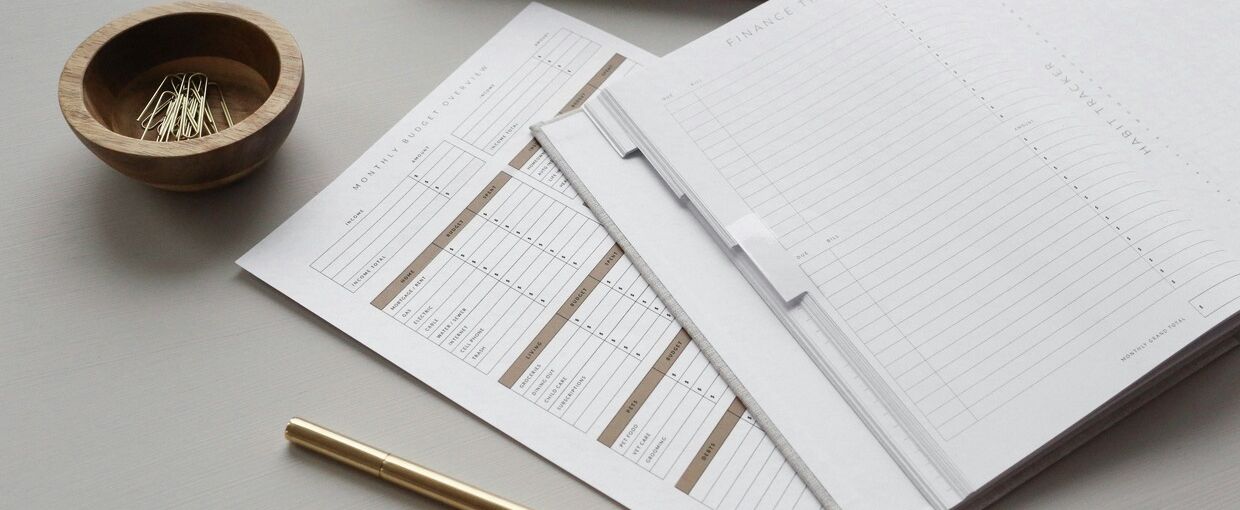When finding your independence at university, you might accidentally spend more than you meant to. Giving yourself a monthly budget can help you manage and keep track of your student bills. This blog will look at how you can do this more closely.
Assess Your Income Streams
Assessing your income streams can allow you to find out if the money you have coming in is enough. Although having a maintenance loan is helpful, it might not always cover as much as you need it to. It could be time to get a part-time job to cover any extra costs if this is something you’ve discovered. If you already have a job, but find you aren’t making enough, look into taking on extra shifts. If you have time, this will up your income. Or you could even look at switching to something that pays more.
Track Your Expenses
If you’re buying things spontaneously without tracking, you might find yourself in difficulty. Check your banking app every day, this will let you know how much you have available. Grab a notebook and write down your monthly bills and when they come out. This physical note is helpful, so you don’t forget they’re there. This will avoid problems down the line.
Decide How Much To Save
Saving is different for everyone. How much you decide to save will depend on several things. Consider what you’ve got coming in and out so you can calculate a reasonable savings amount. You don’t have to be saving hundreds a month. For some people, having just £5 spare a week is a healthy amount to pop into their piggy bank. In case of an emergency, it’s always good to have some money set aside. If you drive and suddenly experience car problems, having emergency money would be a lifesaver. If your freezer breaks and the food inside defrosts, you’ll need spare money to replace it.
Set Your Budget for the Month
Again, this needs to be realistic. You might want to set ‘mini budgets’ in different areas within this too. Some examples include, keeping your food shop at £35 per week maximum or having a budget of £130 when you need new shoes. Paying close attention to specific areas like this will help you manage your spending better in the long run.
Monitor Your Budget
Monitoring your monthly budget as a student will help you work out if it’s reasonable or not. If you’re finding you’re running out of money quickly, it might be time to reevaluate your budget to decide on a new one. If you notice you have lots of money spare as the month nears to an end, lowering your budget can help you start saving more. Settling on a monthly budget might take some experimentation until you find one that works for you. But once you do, don’t change it, make sure you stick to it as much as you can.
When to Seek Financial Support
Navigating money isn’t always straightforward. If you feel like you’re struggling in any way financially, it might be time to get some help.
Your university will have a support team to help with financial problems. They can answer your questions or give you professional financial guidance.
There’s extra support and funding provided by the Government for people like medical students, teacher training students, people with disabilities and more. You might be eligible for something you didn’t even realise which could be useful.
Manage Your Finances with The Student Energy Group
Here at the Student Energy Group, we’re here to make things easier for you and your housemates. We’ll combine all your bills into one like electricity, water, gas and more with our uni bills packages. You can then split it between you and the people you live with. This makes things more convenient and is useful when planning your budgets and how much you want to save. We’ll plant a tree if you sign up with us as well! Get a free quote from The Student Energy Group today.



